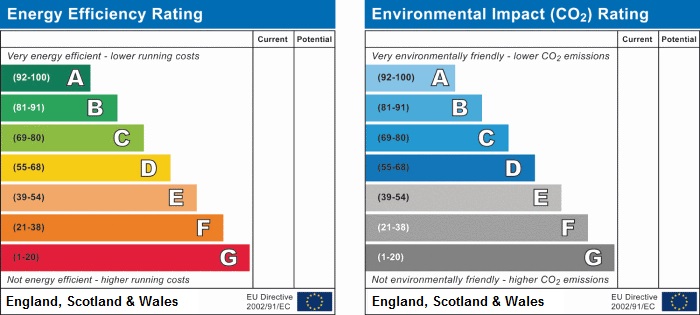
January 30th, 2020 by
Residential Tenants, Sub-Letting, and Commercial Properties
Since 1st April 2020, the MEES (Minimum Energy Efficiency Standards) laws have tightened for landlords. Tenants may also be affected by these new regulations, so it’s important to be aware of them if you’re living in a rented property.
What is MEES?
 MEES laws are in place to ensure all tenants live in an energy-efficient building. They state that a residential rented property in England or Wales must have an EPC (Energy Performance Certificate) grade of E or above before the 1st April 2020 deadline. To learn more about EPC and MEES, check our complete guide to MEES laws.
MEES laws are in place to ensure all tenants live in an energy-efficient building. They state that a residential rented property in England or Wales must have an EPC (Energy Performance Certificate) grade of E or above before the 1st April 2020 deadline. To learn more about EPC and MEES, check our complete guide to MEES laws.
Some properties may be exempt from EPC and MEES laws, but most will need to abide by them or landlords could face a fine. So why does this affect tenants?
Residential Tenants
Landlords are not allowed to begin a new tenancy agreement with either new or existing tenants if their property has an EPC grade of E or lower. This means, if your tenancy agreement expires or you wish to start a new one in another property, this will be put on hold until the property is improved to the required standards.
Sub-Letting
 MEES laws apply to sub-leases. If a tenant plans to sub-let a property that is below the required standards, they will not be able to until the necessary improvements are made. If you want to carry out improvement works on a sub-let property, you may need your landlord’s permission. You and your landlord will also need to discuss whose responsibility it is to apply for an EPC review on the property.
MEES laws apply to sub-leases. If a tenant plans to sub-let a property that is below the required standards, they will not be able to until the necessary improvements are made. If you want to carry out improvement works on a sub-let property, you may need your landlord’s permission. You and your landlord will also need to discuss whose responsibility it is to apply for an EPC review on the property.
Non-Domestic and Commercial Tenants
For office blocks, retail centres, and other commercial tenants, the final MEES deadline isn’t until 1st April 2023. However, landlords must still ensure that their properties are up to the required EPC standards before beginning a new tenancy agreement.
Your Rights as a Tenant
Under the terms of the 2015 Deregulation Act, you cannot be unfairly evicted if you raise a legitimate complaint about your home’s energy efficiency. The Energy Efficiency (Private Rented Property) (England and Wales) Regulations 2015 mean you should have a right to request energy efficiency improvements to your home. These regulations state that landlords can only refuse to carry out improvements to the property if it is reasonable to do so. As properties that fall below the minimum energy efficiency standards must be upgraded by law, efficiency improvement requests must be accepted.
Paying for the Works
 Who pays for the works depends heavily on the terms of your contract and the relevant service charge provisions within it. Ultimately, it is the landlord’s responsibility to upgrade their property, but they may seek to class the improvements as a service charge. Discuss this with your landlord and seek the advice of housing charities such as Shelter for more information.
Who pays for the works depends heavily on the terms of your contract and the relevant service charge provisions within it. Ultimately, it is the landlord’s responsibility to upgrade their property, but they may seek to class the improvements as a service charge. Discuss this with your landlord and seek the advice of housing charities such as Shelter for more information.
Contract Clauses
After carrying out the works, your landlord may want to include a provision in your contract which prevents you from doing anything that might reduce the EPC rating of the property. They may also seek a rent review.
The Future of MEES
Energy efficiency laws are constantly being updated. The Government is already considering raising the minimum standards to a D rating by 2025 and a C rating by 2030, so it’s important to future-proof your properties. Consider upgrading improved insulation, low-energy lighting, and Lot 20 compliant electric heaters to ensure your EPC score is as high as possible to be prepared for future changes.
MYLEK Aluminium Remote Control Panel Heater Radiator 600w
An ultra-efficient all-aluminium panel heater with remote control, digital thermostat, and timer.Price: £119.99
Buy Now
Comments
Leave a reply
Your e-mail address will not be published. All fields are required


